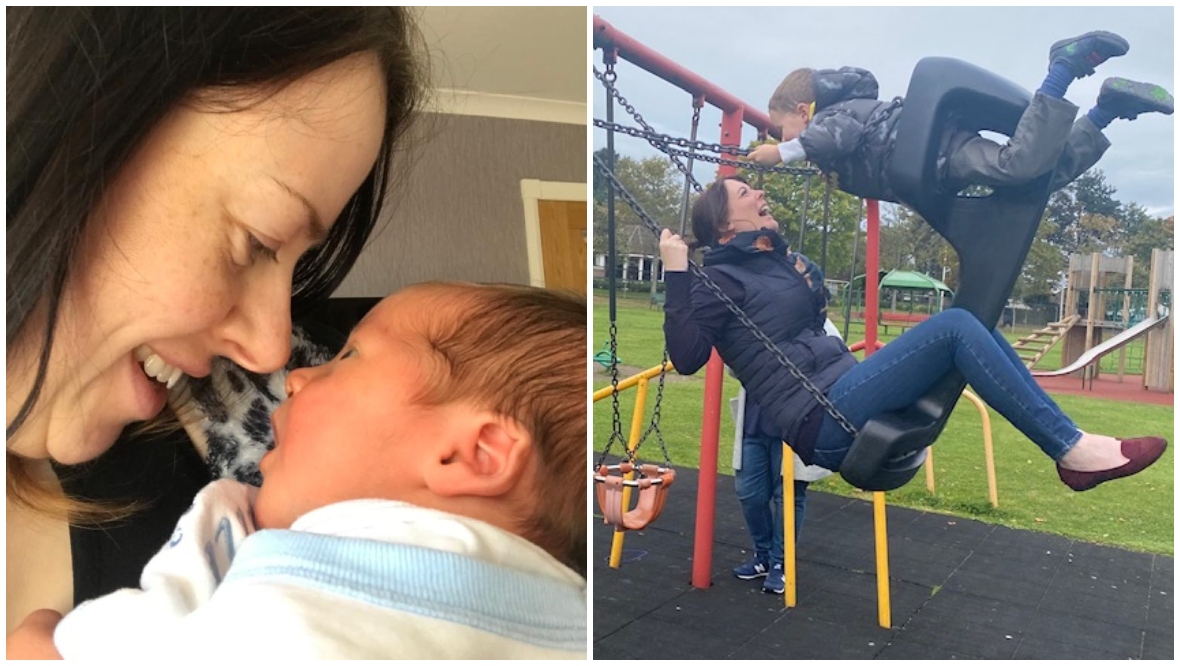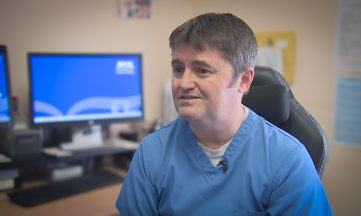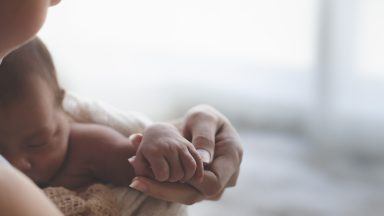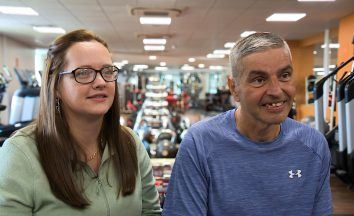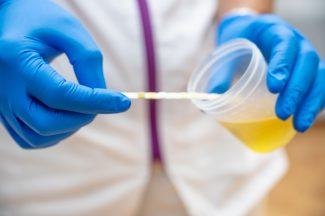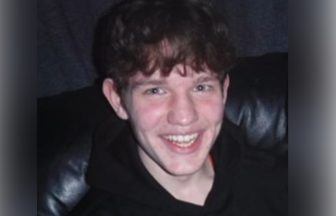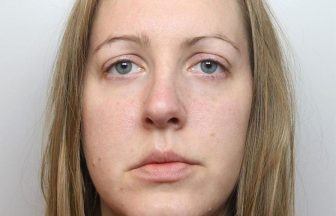Welcoming a baby into the world can be a time filled with joy, happiness and hope for the future.
But for many mothers, that’s not the case, with one in five developing a mental health problem during pregnancy or the first year after birth.
The pandemic has intensified this struggle, with hospital restrictions, face-to-face services taking place online and limited visits from family and friends impacting on mothers’ mental health.
Statistics show:
- As many as one in five women will develop a mental health problem during the perinatal period (pregnancy and the first year after birth). (Royal College of General Practitioners)
- Depression and anxiety are the most common disorders, occurring in around 15 per cent of those women. ((Royal College of Obstetricians & Gynaecologists)
- A recent report from MMBRACE-UK examining the care offered to mothers found that four women in the UK took their own lives between March and May this year. Three of the deaths were within the first six weeks of having their baby.
There are now calls for more immediate support, amid warning of a “ticking time bomb”, as new mums try to cope with the combined pressures of parenthood and the pandemic.
STV News has been hearing from new mums as well as those involved in their care.
Lesley-Anne McDonald
Lesley suffered severe post-natal depression and anxiety after the birth of her daughter Lily-Anne four years ago. Her son, Joey-Paul, was born in June, during lockdown.
“Being in hospital this year was very different from when I had Lily-Anne.
“I am very thankful that this time around I am mentally well, but those mums – especially first-time mums – who are struggling are never far from my mind.
“There are mothers that probably should be admitted to hospital earlier, but they’re reluctant to go because of the fear of being in there alone.
“I saw women in the hospital crying because they couldn’t see their loved ones.
“I saw one girl going to the window just to see her family because she was so traumatised. I couldn’t even give her a hug. It broke my heart.
“Since Joey-Paul was born, the majority of his health checks have been online.
“We’re not getting that interaction with people, everything is done over the phone. So much can be missed with mental health if you’re not seeing someone physically.

“I worry about people who don’t have a partner, who don’t have family. We need to get them support.
“We need more funding. We can’t play postcode lotteries with people’s mental health, there are babies and children at risk as well as mums. What can be more important than that?
“When I was ill I had to travel more than 170 miles from my home in Aberdeenshire to Livingston, as it was one of only two inpatient mother and baby units in Scotland. And that’s still the case.
“It should not have taken a pandemic for all this to be highlighted. We’ve been saying these things for years. Our voices are not being heard.
“I’m one of the lucky ones, but not everyone is as lucky.”
The community support group
Linsey Singers and Gill Skene both suffered from severe mental health problems following the birth of their babies.
Concerned by the lack of specialist perinatal services, they set up their own support group in Aberdeenshire. They say they’ve been inundated with calls during the pandemic.
Lindsey Singers

“We have mums who have had to go to scans alone and received bad news.
“We have mums who are having to labour alone and are having a traumatic labour without the support of their partners.
“They can’t have grannies and aunties round to help look after the baby, depending on the restrictions. They’re just not getting a break.
“These mums are sitting at home, alone, not knowing if how they feel is normal, not knowing if they can access help because of Covid-19 and we’re so worried that they will wait and wait until they are severely ill.
“I had Jack four years ago and waited six months to access the help I needed. By that time I needed access to an inpatient facility, miles and miles from home.
“For mums coming to us now, the service is worse than when I had to wait to get treatment four years ago. It makes me very angry.
Gill Skene

“Mums cope. Mums get up every day, we feed the babies, we change the nappies, we put ourselves last. We get on with it. Until we can’t.
“We need face to face health visitors before we need the pub, we need face to face psychiatric and psychology appointments before we need a restaurant.
“I dread to think about the number of mums who are sitting at home right now and finding it difficult to get support. I think the numbers are huge.
“There are a lot of gaps in communication at the moment and mums are being left behind.
“There will come a time when the NHS will become overwhelmed with mums needing help. I fully believe that’s going to happen.
“We’re not thinking about the impact on our children of a whole generation of mothers being really, really badly affected.
“It’s a mental health crisis and we need to be prioritising the needs of these women. Because in all honesty, if we don’t have happy, functioning families, we don’t have anything.”
What do the experts say?
Joanne Smith, charity worker
Joanne is a coordinator with the Maternal Mental Health Alliance, a charity which supports pregnant women and new mothers.

“We have to recognise there’s a ticking time bomb around maternal mental health.
“A lot of women have held it together during the lockdown period to get their baby here safe and well, and now they’re beginning to reflect on what has been a deeply traumatic time for them.
“Our levels of perinatal provision in Scotland are woefully inadequate and require urgent investment.
“While there have been plans put in place for the development of specialist community services, the test of those plans will be whether they can be implemented locally.
“The resources provided alongside those plans, including staffing, fall far short of what is required to have the plans fully rolled out.
“A recent report found four women in the UK took their own lives between March and May. That’s four new mums who have died in eight weeks. Four new babies who are now without their mothers.
“In Scotland only eight of our health boards provide a specialist perinatal mental health service and only one of those is a comprehensive service.
“It’s really vital that we get the urgent investment to ensure that no women are suffering in silence and isolated from the support that could prevent problems escalating.”
Shona McCann, specialist mental health midwife
Shona is NHS Grampian’s only specialist perinatal mental health midwife.
“Because of the pandemic and the social distancing, I’ve had to do my consultations over the phone.
“It is difficult because obviously you don’t have that face to face contact, and it can be difficult to build a rapport.
“A lot of the women are scared to leave their house, they have to wear their masks, they’re not seeing their relatives so they can get more depressed and feel they have no-one to talk to.
“My advice to pregnant women and new mothers would be to please reach out. Speak to your midwife, speak to your health visitor, speak to your GP. There is help available.
“If you get seen early you will get the support you need throughout your pregnancy and when you have your baby. We are there for you.”
What is the Scottish Government doing to tackle the issue?
The Scottish Government said £50m is being invested in mental health services for expectant and new mums.
They will also be launching a family fund to help with travel expenses for those women receiving inpatient care.
Mental health minister Clare Haughey said: “It’s vitally important that we support mums and their babies and their families at this really important time in their life, but also in the development of their child.
“We’re working right across Scotland to enhance and to build services for women much closer to home.”
Follow STV News on WhatsApp
Scan the QR code on your mobile device for all the latest news from around the country


